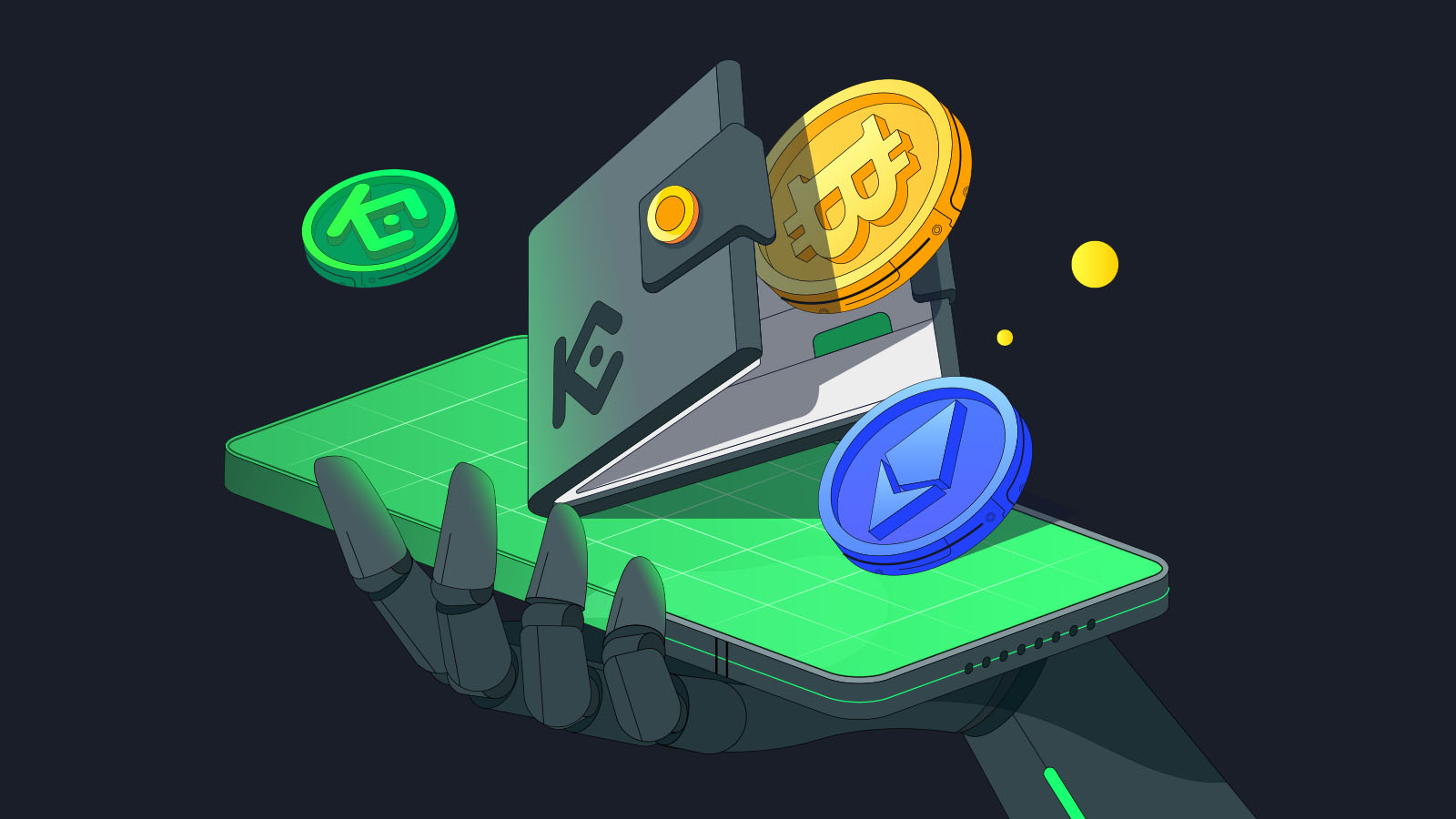A crypto wallet is an indispensable tool for secure asset management, supporting various assets while offering features like staking, NFT management and DeFi integration.
Selecting an appropriate wallet depends on your security needs and transaction frequency. Always back up any hardware or software wallet you own for maximum peace of mind.
Ledger
A crypto wallet is an innovative and secure way to store digital assets, consisting of two keys – a private key which keeps your digital assets safe, and a public key which is used to send crypto to others. A good wallet should feature features such as two-factor authentication (2FA), encryption, multisig, backup services such as Ledger Recover to prevent theft as well as ensure recovery if they become lost or forgotten about.
An optimal wallet for new crypto investors combines all these features. It must be free and user-friendly, supporting multiple cryptocurrencies and being compatible with popular exchanges; providing noncustodial access so you can maintain full control of your digital assets; as well as offering noncustodial control to maintain ownership over them.
Ledger is a leading hardware wallet maker and offers several models, including the Nano S. Their latest offering, Ledger Blue, features touch screen functionality as well as improved software. Trezor provides safe storage but supports only certain cryptocurrencies while KeepKey provides an easier hardware wallet solution.
Trezor
Finding a secure wallet for cryptocurrency investments is of utmost importance for any investor. From long-term investments to frequent trading, keeping assets safe from hackers is paramount. One solution available to cryptocurrency investors is hardware wallets such as Trezor wallet, which provide enhanced protection by keeping private keys offline and providing high levels of protection.
Trezor is an established manufacturer of hardware cryptocurrency wallets, with products tested by many users over time. Their devices are built to last while offering premium design features; additionally they protect against attacks such as power analysis which uses changes in power consumption to identify keystrokes; they even come equipped with built-in DEX and staking aggregator capabilities to maximize value of digital assets for investors.
The Trezor Model T wallet offers advanced features designed for both investors and traders, such as its 1.54-inch color touchscreen user-friendliness, improved recovery options like Shamir backup, and support for up to 60 blockchains – ideal for managing diverse crypto portfolios.
Atomic Wallet
Atomic Wallet is a non-custodial crypto wallet, supporting over 500 cryptocurrencies and offering users full control over their private keys and asset exchange without needing centralized exchanges. Free to download and compatible with multiple devices, its clean design makes it easy for novice users to navigate while occasionally encountering glitches due to network congestion.
This wallet is protected with an encrypted mnemonic seed to ensure that only its user has access to their funds and avoids collecting user data, an invaluable advantage in light of recent privacy scandals. However, 2FA and integration with hardware wallets might be problematic for some users.
Atomic Wallet was established in 2017 in Seattle, Washington. Since its establishment, its revenue stream has been expanding; however, no details regarding financials or assets have been publicly revealed. Growjo, an organization which tracks revenue information for fast-growing companies, estimates its annual revenue at $3.8M; access is available globally and it boasts numerous features for investors and traders.
ZenGo
Zengo is a non-custodial wallet that gives you complete control of your private keys, providing an ideal option for investing in crypto. Furthermore, Zengo supports various cryptocurrencies as well as features like staking and decentralized exchanges to keep you protected during any trading transactions.
There are various types of wallets on the market, each offering different levels of convenience and security. Hot wallets are one of the more popular choices available; these enable easy cryptocurrency transfers via the internet while remaining accessible offline – however they may be more vulnerable to hacks than cold ones.
Exodus is an excellent option for newcomers as its user-friendly interface makes managing multiple crypto assets simple and safe. Available on desktop and mobile platforms, Exodus supports over 250 crypto assets with in-built exchange/chat support and comes complete with seamless integration for NFTs/Ethereum-based projects – winning high marks in wallet reviews alike!
Trust Wallet
Trust Wallet was developed by Viktor Radchenko as a solution for safely storing cryptocurrencies and NFTs, designed with mass adoption in mind. Offering self-custody, robust security measures and plenty of guides and tutorials to guide newcomers into crypto, the app features an intuitive main dashboard displaying current balances and transactions for all assets in a single, user-friendly display; users can prioritize certain assets over others as desired – as well as take advantage of dark mode for greater user friendliness!
Trust Wallet is free for users, though transactions incur standard blockchain network fees. As it does not store private keys, some users find this feature more appealing as it gives them complete control of their digital assets.
Trust Wallet’s interface is user-friendly and supports over 100 blockchains and 10 million digital assets, while also enabling staking and token exchange through its built-in DEX. However, some advanced functionality found on other devices – such as hardware wallets – remains unavailable within this wallet.



